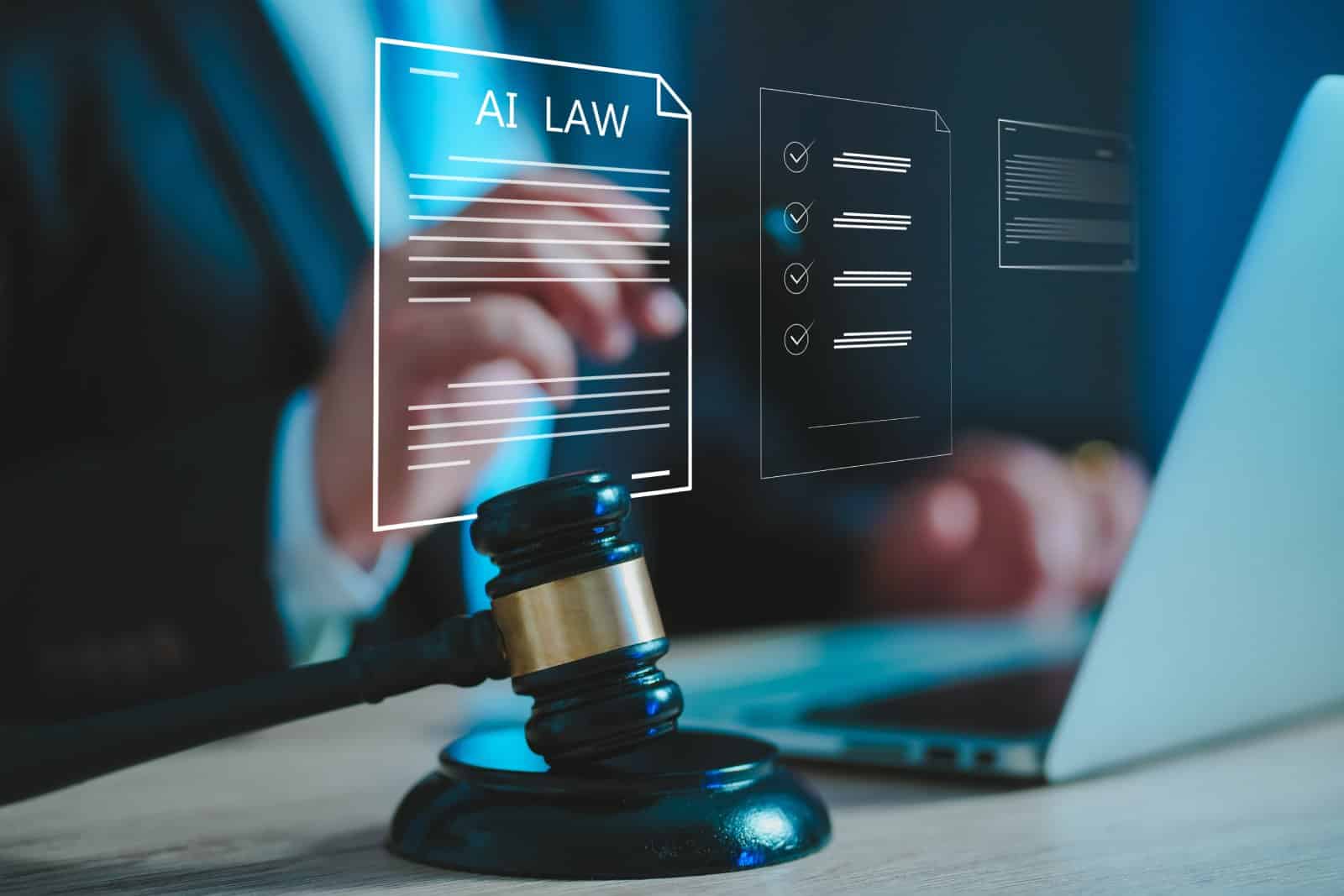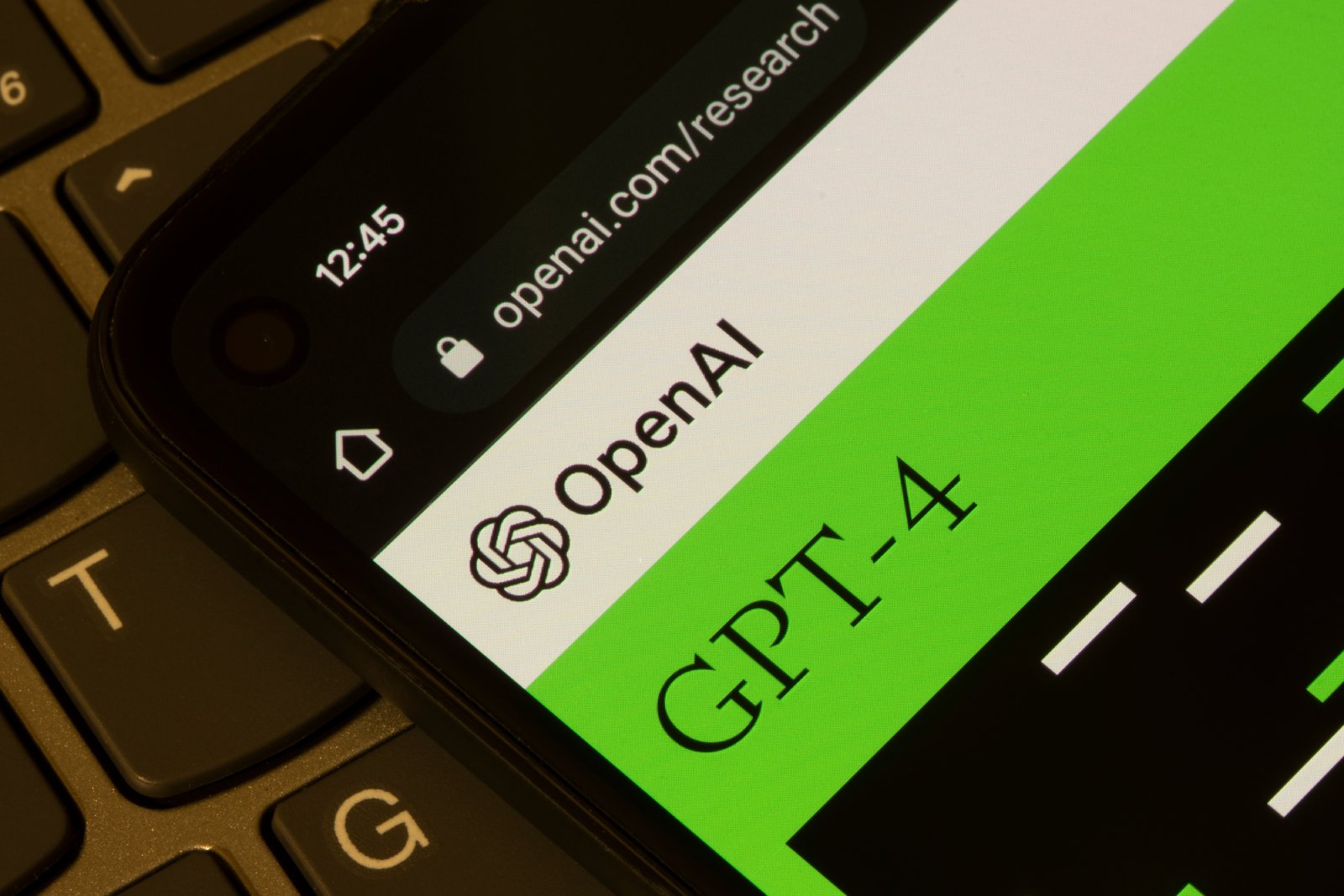The European Parliament has introduced new standards for AI development throughout the EU, bypassing the AI Act. As the first piece of legislation to address AI, this act bans specific AI uses, establishes transparency rules, and requires risk assessments for high-risk systems.
The AI Act

The European Parliament has officially passed its first piece of legislation focusing on artificial intelligence with the AI Act.
New Standards

This new act will create new standards for AI development and use across the European Union that will gradually take effect over the next several years.
A List of New Measures

The new legislation bans specific uses of AI, implements rules for transparency and mandates risk assessments for potentially high-risk AI systems.
Parliament’s Hopes

The European Parliament hopes this new act’s implementation will ensure AI develops responsibly and with humanity’s best interests in mind.
All Products Within the EU

The AI Act will apply to all AI products within the EU market, whether or not they originate with the EU, to ensure there are no workarounds for developers trying to avoid these new regulations
A Hefty Fine

If an AI developer tries to circumvent these new regulations, they will be subject to fines that can amount to 7% of the company’s global revenue.
Final Approval

Even though parliament has officially voted in favor of the AI Act, the act is still awaiting final approval from all the EU member states.
A Simple Formality

However, the vote from EU member states is largely viewed as a simple formality since these states endorsed the act before the EU Parliament voted.
The Bigger Picture

Once the EU member states have officially passed the act, experts anticipate its consequences worldwide, as AI developers must choose between following its regulations or losing out on the European market.
Determining Risk

One of the larger focuses within the act is a new categorization system that will determine the risk level of each AI system applying to enter the European Union.
High-Risk Systems

Factors determining an AI system is high risk will be largely based on the AI system’s focus. For example, AI centered around medical devices and critical infrastructure are far more likely to be deemed as high-risk systems
Stricter Requirements

If an AI application is determined to be high-risk, then it will face stricter requirements and be subject to far more legislative scrutiny.
Banned Uses

In addition to this new categorization system, the act will also create banned AI uses like social scoring systems, certain predictive policing methods, emotion recognition in schools and workplaces, and unconsented biometric identification by police.
Consequences for Old Systems

Unsurprisingly, the AI Act will also significantly affect generative AI systems currently being used by the European Union.
New Provisions

Systems like OpenAI’s ChatGPT will face new provisions requiring the company to disclose any training data and comply with EU copyright laws.
Systems Posing Systemic Risks

Other systems posing systemic risks will also face additional scrutiny and mitigation efforts to avoid any potential hazards the systems could cause.
Enforcing Provisions

Such regulations will be enforced by national AI regulatory bodies within the EU that will be built over the coming few years.
Compared to the U.S.

When comparing the speed at which the EU parliament passed this act with the continued debates over AI legislation in the United States, it seems that the EU may be positioning itself as a leader in global AI regulations.
More to Come

However, the AI Act is actually part of a larger legislative effort from the EU to regulate and control the growth of AI, with more developments expected after the upcoming elections.
Biden’s New 401(k) Rule: Employers Frustrated as Retirement Planning Responsibilities Shift

The latest Biden administration rule on 401(k) plans is reshaping how employers manage retirement plans. It’s a complex scenario requiring a fresh understanding of fiduciary duties and provider relationships. This rule aims to protect employees but also imposes new responsibilities on employers. Biden’s New 401(k) Rule: Employers Frustrated as Retirement Planning Responsibilities Shift
Elon Musk: New Immigration Bill ‘Enables Illegals to Vote’

Elon Musk is calling for prosecutions after the text for a new senate bill on immigration was released. Musk accused the new bill of “enabling illegals to vote.” Elon Musk: New Immigration Bill ‘Enables Illegals to Vote’
Colorado Officials Reject Sanctuary City Status, Warn Against ‘Dangerous Game’

With increasing numbers of migrants arriving in Colorado, public officials have rejected any notion of the state becoming a sanctuary for migrants and asylum seekers. Colorado Officials Reject Sanctuary City Status, Warn Against ‘Dangerous Game’
Disney Challenges DeSantis’ “Don’t Say Gay” Rule With a Hefty Lawsuit

Disney is set to appeal its refusal for a lawsuit against Ron DeSantis, who stripped the company of its rights for disagreeing with the Governor’s views on the teaching of sexual orientation in classrooms. Disney Challenges DeSantis’ “Don’t Say Gay” Rule With a Hefty Lawsuit
Trump on the Attack as 21 Million Americans Flock to Obamacare, Biden Pushes Forward

An unprecedented surge in health plan enrollments has reignited former President Donald Trump’s commitment to dismantling the program should he secure the GOP nomination once again. Trump on the Attack as 21 Million Americans Flock to Obamacare, Biden Pushes Forward
The post EU Outlaws Personal Ratings and Predictive Policing in New AI Regulations – Will U.S. Do the Same? first appeared on From Frugal to Free.
Featured Image Credit: Shutterstock / artjazz.
The content of this article is for informational purposes only and does not constitute or replace professional financial advice.
